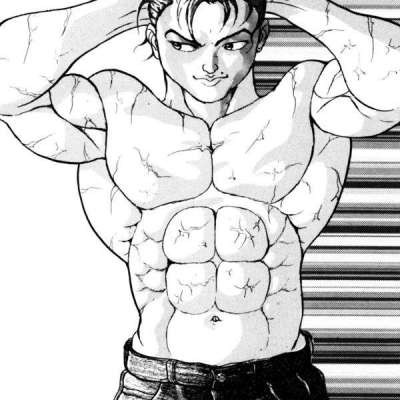
duxryh
SubscribersLatest videos
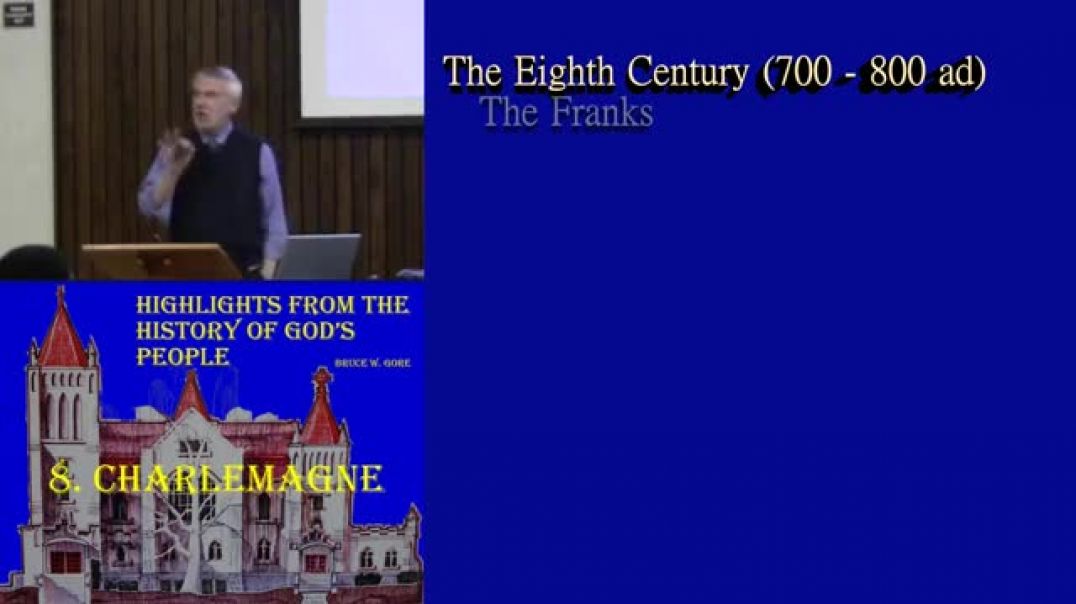

The greatest king of the Franks, Charlemagne, devoted his life to the task of living out a Christian ethic in the midst of the complicated politics of the early middle ages. While greatly expanding the Frankish kingdom, he at the same time established a new standard for educational opportunity, including both rich and poor, noble and common, male and female, in his vision for a culture in which the message of Christ would be carried throughout the regions under his influence. Charlemagne was not perfect, and his critics have often pointed out his failings, but on balance, given the nature of the times in which he lived, one can hardly help but be impressed with his achievements, and his consistent determination live according to the ethic of Christ. For more free resources, please visit www.brucegore.com.
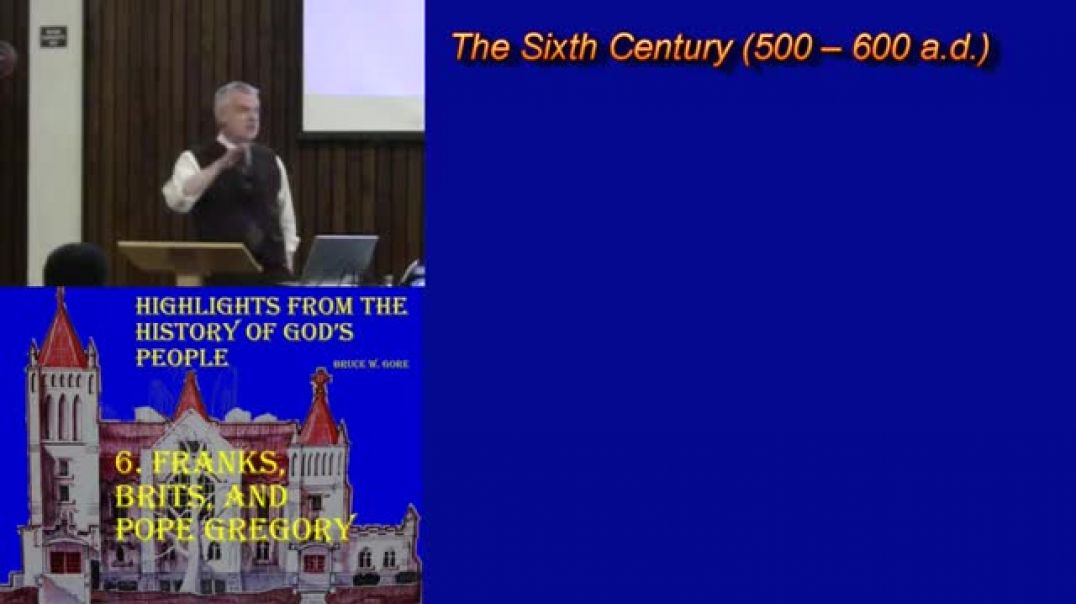

With the collapse of the Roman Empire, the domains of the former power fell into a patchwork of decentralized regions, with the Church serving as the only unifying influence. Within a few decades, however, a new political power arose in Gaul led by Clovis, the man who united the Franks and took control of most of the region that would eventually become France. About the same time, Pope Gregory sent the missionary monk Augustine to preach to the Angles and Saxons who had taken control of a major part of Britain. For more free resources, please visit www.brucegore.com.
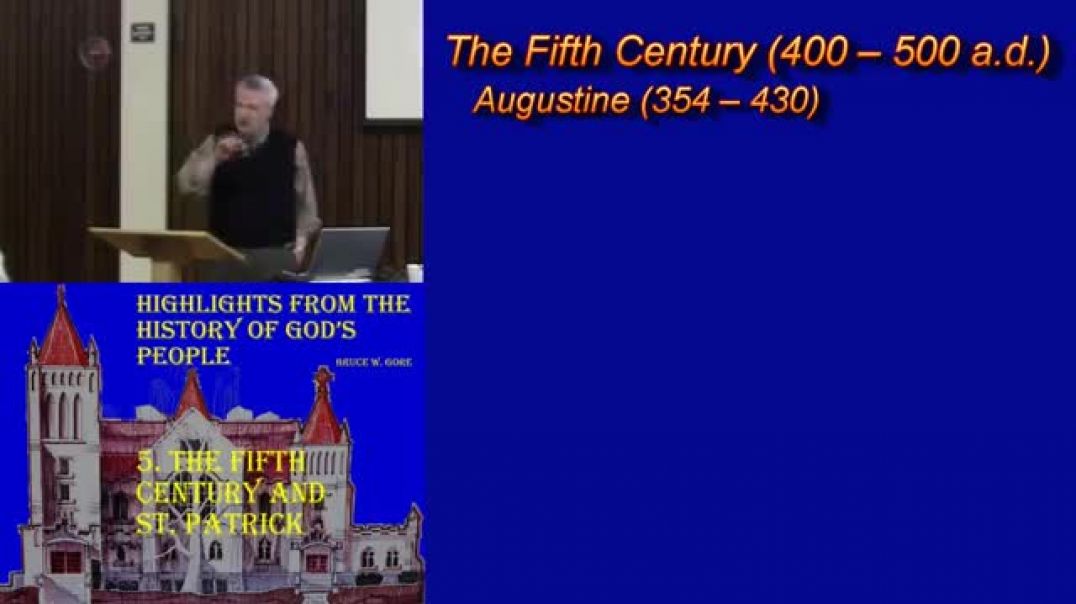

When Patrick was kidnapped by Irish slavers in the year 405 a.d., he thought he would never see his home or family again, and his resentment toward the Irish was deep and strong. Over time, however, he came to love the Irish, and vowed that if ever freed from slavery, he would return to preach the gospel to the people he had once so deeply resented. His vision was realized, and for forty years, Patrick labored among the Irish, establishing a foundation for Christian understanding that would last for centuries after his death. For more free resources, please visit www.brucegore.com.
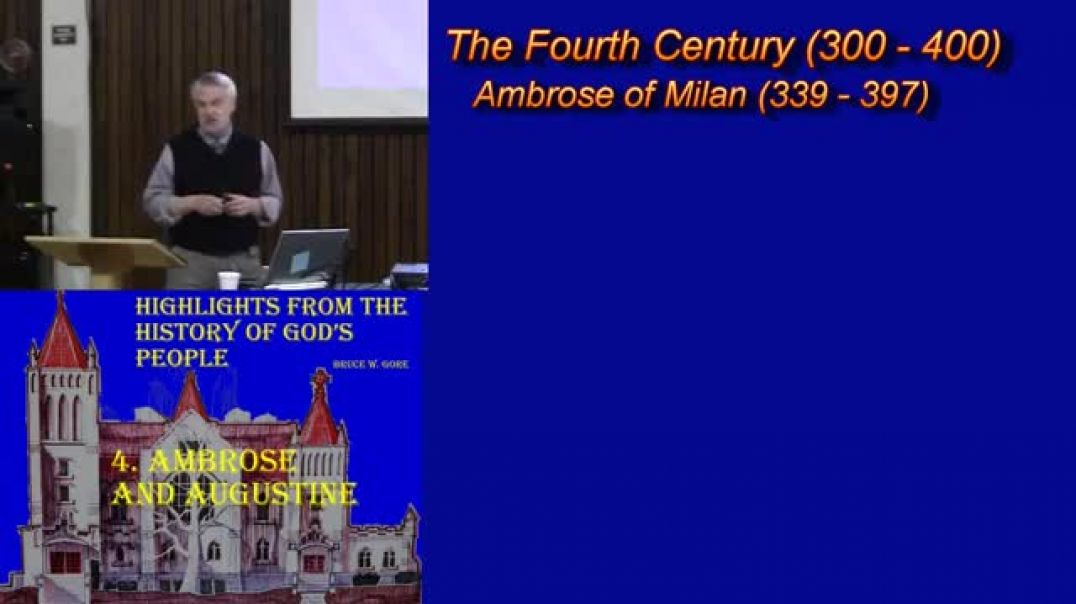

Ambrose, the Bishop of Milan, bridged the period from Athanasius to Augustine. He was a stalwart defender of the affirmations of Nicea against Arian distortions, and a defender of the Church against political intrusion. He played a pivotal role in the events leading to the conversion of Augustine, and until Augustine, was the most articulate representative of the Christian faith in the world. For more free resources, please visit www.brucegore.com.
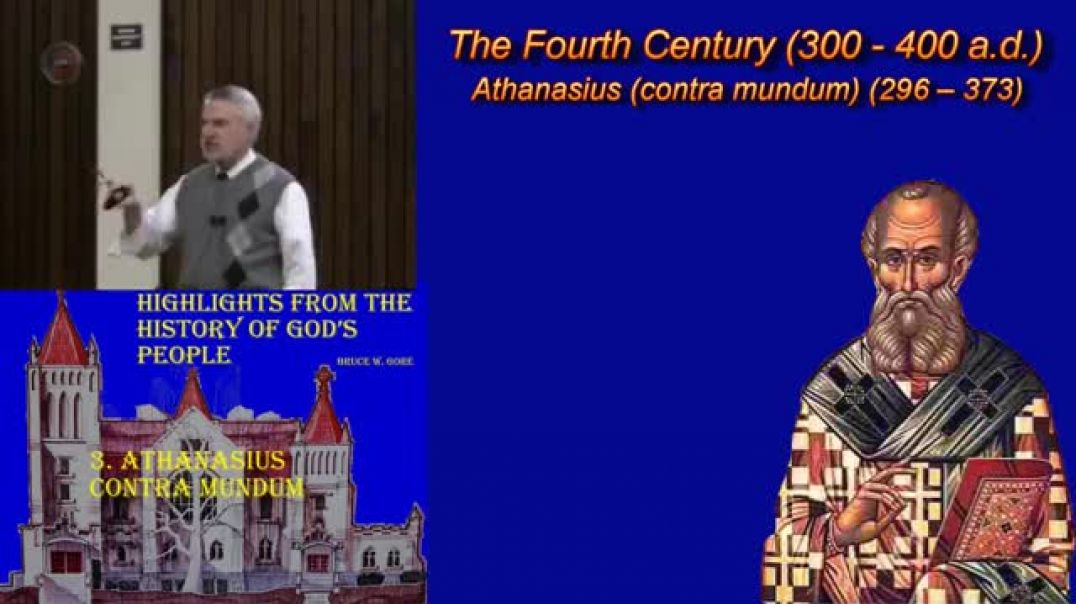

The dominant character of the fourth century of Christian history must be Athanasius, the man who not only championed the orthodox understanding of Christian teaching at the Council of Nicaea, but who also single-handedly defended it for the next 50 years against overwheming pressure. This great Christian hero preserved the central doctrines of Christian theology so that for generations to come, his name was associated with the heart of Christian devotion and fortitude. His gravestone was marked 'contra mundum,' against the world, and in this he set a high and remarkable example for thousands who would come after him. For more free resources, please visit www.brucegore.com.
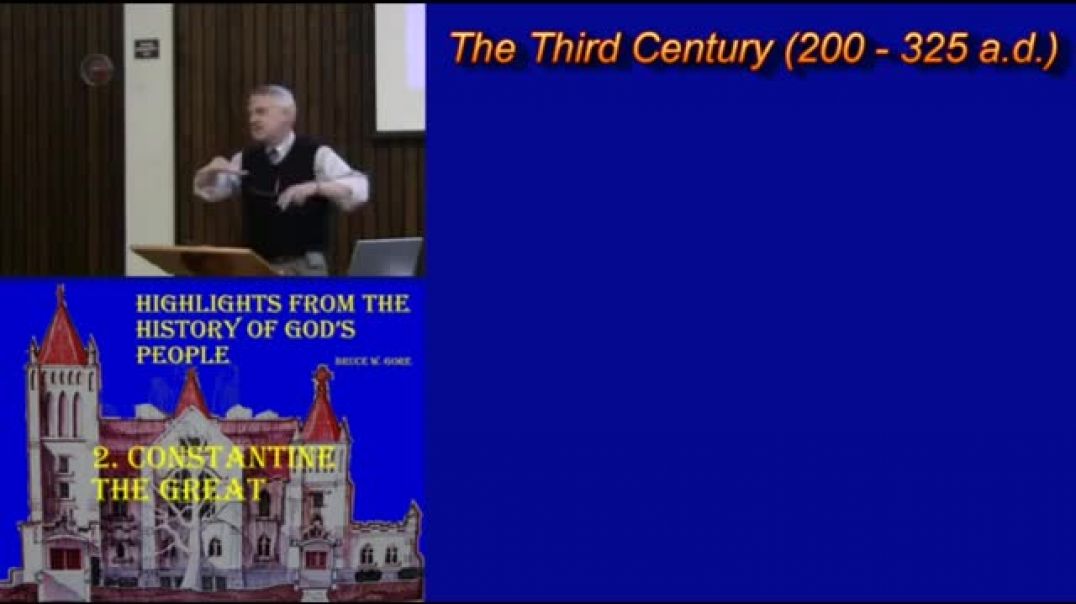

The Roman emperor Constantine changed the course of history by officially embracing the Christian message and by implementing a public policy favorable to the Christian movement. While his true motives have been questioned by some, history bears witness to the fact that at this moment, a dramatic shift took place in the history of the followers of Jesus, and a new chapter began in which the Christian movement became central to the policies of Rome and the West. For more free resources, please visit www.brucegore.com
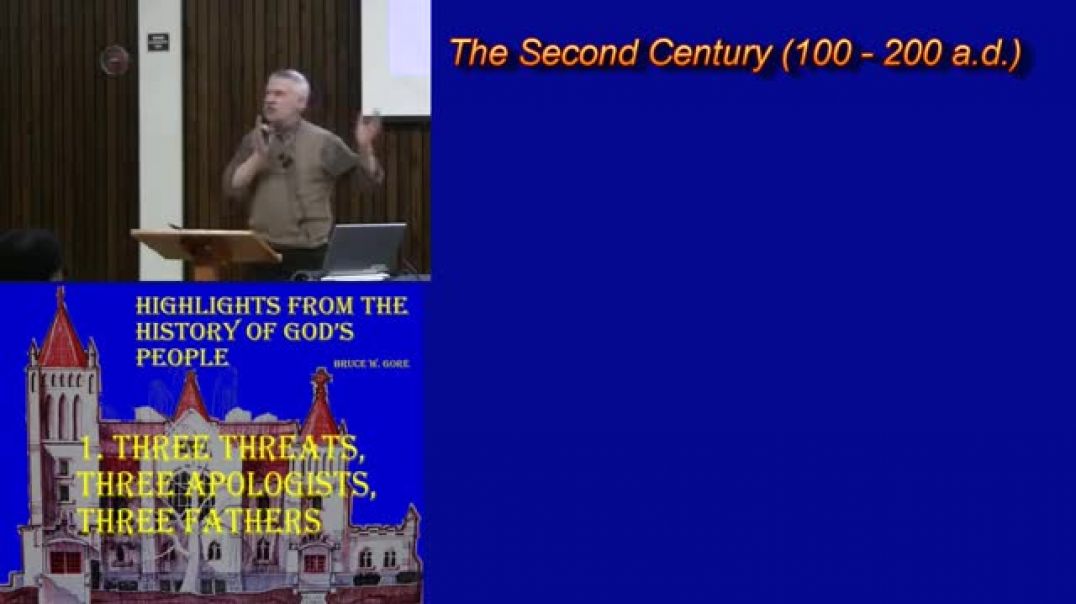

The second century of Christian history saw rapid growth in the Christian movement, as the fledgling church faced external political threats from Rome, combined with internal philosophical threats from heretical forces within. These pressures called forth the remarkable apologetical labors of men like Justin Martyr, Irenaeus, and Tertullian. At the same time, the church was blessed with leaders who had been trained by the apostles themselves, and who provided a remarkable example of courage and confidence in the face of overwhelming resistance. For more free resources, please visit www.brucegore.com.


